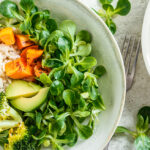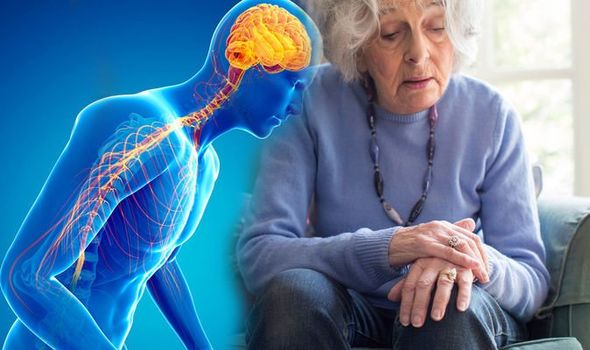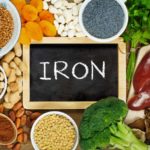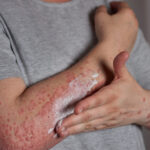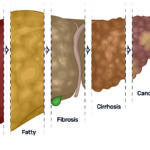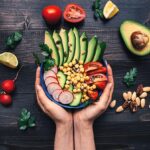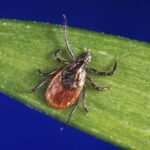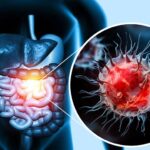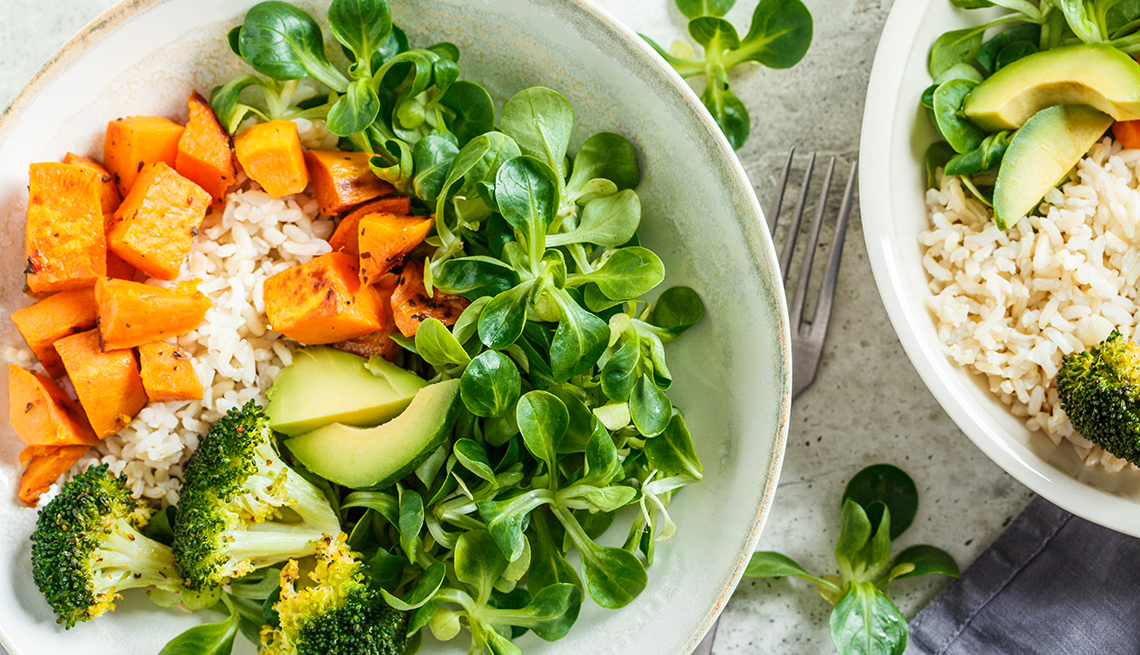Some of the Best Foods for Parkinson’s Disease
In this post, I’m going to list out the best foods for Parkinson’s disease, their purposes and effects. According to Encyclopedia of Foods and their healing power, 2nd part; it states that Parkinson’s disease usually appear after the age of 50.
Parkinson’s disease is characterized by three (3) main principal symptoms which include:
- Tremor
- Akinesia (loss of power for voluntary movement)
- Muscular rigidity.
When my late father suffered this ailment, I made a research and discovered that Parkinson’s disease is somewhat due in part owing to the fact that the brain no longer produces sufficient dopamine.
Dopamine is a substance that intervenes in the transmission of nerve impulses between the neurons, as stated by Dr. George Pamplona.
I must confess, this disease is not what we should joke about. I helped my late Dad in managing his for over 9 years but the worst of it all is the aftereffect of the tremor the patient must have experienced as the years go by and coupled with uncontrollable drooling.
Good thing, it doesn’t attract other deadly diseases such as kidney or liver diseases.
I’m making this post because I want to help others in managing theirs. Have it at the back of your mind that after some couple of years the patient will eventually experience loss of power over voluntary movement. At this state, the patient will be helped with managing things such eating, bathing etc.
One of the best ways to help curb this condition is to help provide the patient with foods that are rich in vitamins which will help in slowing the progress of the disease.
In essence, there’s no food in particular that makes the situation worse or better. However, the best foods for Parkinson’s disease are the foods that are overly plant-based and quite rich in vitamins B, C and E.
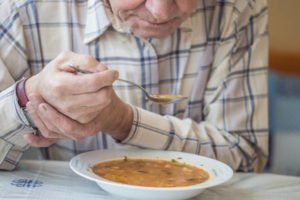
One of the advantages of consuming the best foods for Parkinson’s disease is that they help in slowing the progress of the disease.
However, in a bid to manage the condition which involves the consumption of the best foods for Parkinson’s disease, it is important to reduce or eliminate the intake of certain foods or nutrients such as white sugar, stimulant beverages and foods that are highly rich in saturated fat.
List of Best foods for Parkinson’s Disease
The following are some of the best foods for Parkinson’s disease which will go a long way in slowing down the condition. They are:
- Vegetables
- Whole grains
- Fruits
- Oils
- Vitamin B1
- Vitamin E
- Niacin
- Folates
If you look closely, you will understand that there’s no food in particular which is listed but rather the nutrients which the patient needs. As it is, they are mostly plant-based foods that can offer the best of the foods and nutrients.
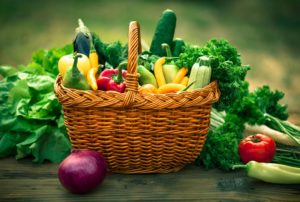
According to a study conducted at the Magdeburg School of Medicine, Germany, it shows that frequent intake of fruits and vegetables, particularly raw ones, helps lower the risk of contracting Parkinson’s disease.
Whole grains
Did you know that Parkinson’s disease tends to aggravate constipation? The consumption of whole grains will help produce and provide us enough B group vitamins needed for the nervous system and also the fiber which will be quite helpful in avoiding the constipation it tends to produce.
SEE ALSO: Foods for Anemia
Fruits
According to recent studies, fruits consumption provides antioxidant vitamins and minerals which improve the evolution of the disease.
Oils
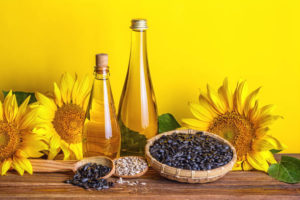
The following seed oils are recommended because they are some of the best foods for Parkinson’s disease.
They include: sunflower seed, grape seed, corn, olive oil seed. The seed oils are recommended because they are rich in linolei acids.
Vitamin B1
The reason why vitamin B1 supplement is recommended is because it helps avoid the reduction of dopamine production.
Therefore, foods that are highly rich in vitamin B1 such as whole gains and certain oil-bearing nuts are highly beneficial.
Vitamin E
Another study also shows that deficiency of vitamin E especially in infancy and adolescence is known to be one of the factors that trigger the increase of Parkinson’s disease in later years.
In order to maximize this vitamin, the intakes of nuts and seed oils are recommended because they are the best sources.
Niacin
It is worthy to note that I-dopa, the pharmaceutical preparation is the drug that is commonly prescribed for people suffering from Parkinson’s disease can cause niacin deficiency.
B group vitamin is necessary for neuron metabolism and here, the best foods for Parkinson’s disease are peanuts, oil-bearing nuts and whole grains because they are the best vegetable sources of niacin.
Folates
Deficiency in folates can cause or aggravate this disease. To get the best of folates, opt for legumes and green leafy vegetables which are the best known sources.
YOU MAY LIKE: Worst Foods for Rheumatoid Arthritis
Foods or Drinks to Avoid
The following are not among the best foods for Parkinson’s disease and it is recommended to reduce or eliminate their intake. They are:
- Stimulant beverages
- White sugar
- Saturated fat

Stimulant beverages: To curb the tremor that comes with this disease, it is not advisable to dwell on stimulant beverages as the caffeine in these beverages aggravate the tremor.
White sugar: Refined flour and sweets made from sugar are extremely poor in antioxidants and do not proffer positive effects regarding Parkinson’s disease. Therefore, it is not among the best foods for Parkinson’s disease. Examples are: baked goods, pastries etc.
Saturated fat: It is believed that foods or diets rich in animal-based saturated far worsen this disease.
According to hopkinsmedicine.org, eating whole foods and staying hydrated is one of the effective ways to stay healthy.
Foods to Avoid for Heart Attack
Rheumatoid Arthritis Foods to Eat

A graduate of Computer Science and Information Management Technology. Diploma – Caregiving, Certificates – Dementia and Diabetes Awareness and Management. A researcher, blogger, songwriter, singer and acoustic guitarist. Born in an environment where natural talents such as healing are imparted at our natural birth. This natural talents of healing is the result of our genetic inheritance and the training from family environment.


